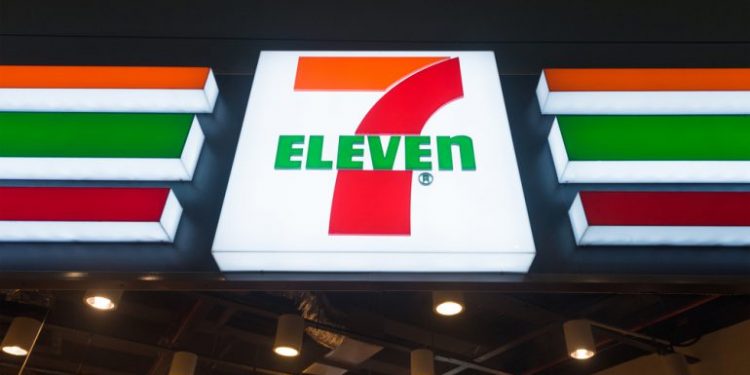There are more than 70,200 7-Elevens across the planet according to a 2020 estimate. But there is one country where the convenience store chain flopped in.
In 2017, 7-Eleven closed all of its stores in Indonesia after entering the country in 2009.
7-Eleven’s Indonesia operation was run by a local operator, PT Modern Internasional. Contrary to its American counterpart that capitalized on to-go items and late night munchies, 7-Eleven in Indonesia became a trendy hangout spot for locals.
It offered traditional 7-Eleven items like Slurpee and snacks together with fresh local food and alcohol. It was very popular with university students especially among those between 18-25 years old.
It was a place for them to hang out at all hours of the day and night with free Wi-Fi and possibly a bite to eat.
As the business took off, Modern Internasional soon started to expand within the capital, Jakarta.
It opened its 21st store by 2010 and it hit 100 locations in 2012. In 2014, the company hit peak sales of around 78 million with 190 stores. The future of 7-Eleven in Indonesia seemed promising indeed.
The stores remained crowded but there was one problem: People weren’t spending money in it.
Even though there were huge crowd in 7-Eleven, consumers would just buy one drink and sit for hours. The company also attributed its lack of sales to intense competition from existing and new competitors such as FamilyMart and Alfamart.
By 2016, the number of retail outlets in Indonesia had grown from 12,000 to 40,000 in just under a decade; with mini markets being the sector’s fastest growing segment. Two of 7-Eleven’s biggest competitors were Indonesian convenience stores Indomaret and Alfamart.
Both chains have a long history in the country and are top players in Indonesia’s convenience store market.
7-Eleven had 190 stores in Indonesia but its competitors store count absolutely squashed that. As of 2017, there were more than 10,000 Alfamarts and roughly 15,000 Indomarets in Indonesia, giving Alfamart a 38% share of the market and Indomaret 47%. That was the year 7-Eleven closed all of its shops. Before that, it held just 0.7% of the market.
Regulatory issues also posed a major problem for 7-Eleven. In 2015, Indonesia banned the sale of alcoholic beverages in convenience stores and mini markets. After the alcohol ban took effect, 7-Eleven’s net sales dropped by nearly 24% over the next year.
Unlike 7-Eleven, its rivals Indomaret and Alfamart actually reported revenue gains that year. Alfamart and Indomaret were able to withstand the ban because they offered a wider range of products and services.
7-Eleven’s geographic reach posed another big problem. The convenience store chain never managed to expand beyond Jakarta and its surrounding cities, but its rivals did.
Modern Internasional also cited Indonesia’s economic slowdown as a reason for its diminishing revenue. The chain closed down 25 underperforming stores in 2016, to cut down operation loses, and closed the remainder if its 7-Eleven stores in 2017.












